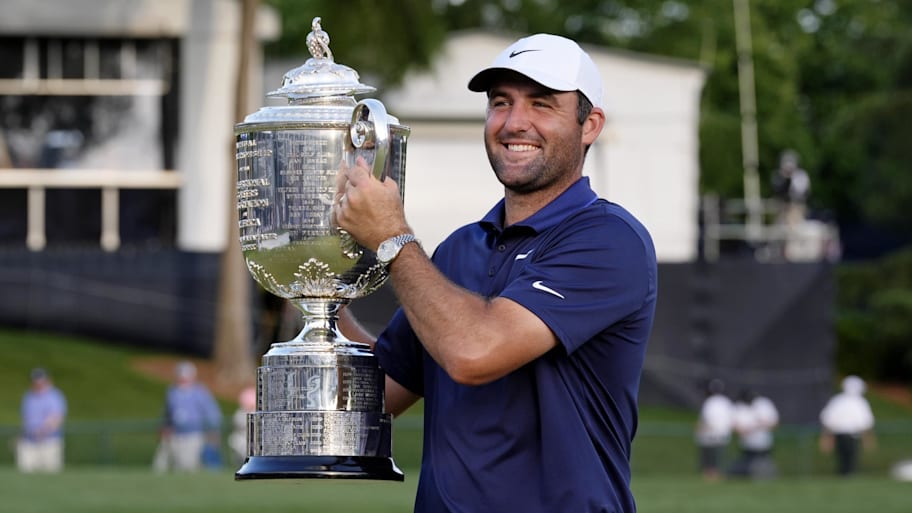HOOVER, Al. — Southeastern Conference Commissioner Greg Sankey considers the mental health of athletes an important issue to be considered when it comes to legalized betting on college sports.
Sankey opened the league’s media days Monday with plenty to say about sports gambling and continuing efforts to improve football officiating before yielding the podium to coaches talking about their hopes and concerns for the season.
He focused on weighty off-the-field matters instead of whether Alabama, Georgia or some other SEC team might contend for the national title. Those concerns include possibly placing another element of pressure on athletes.
“We’re seeing trends in the mental health area that should cause us all to pause before these ideas around specific event betting within college sports are allowed to take place,” he said. “And I’m talking about, for example, whether a field goal is made or missed, whether a 3-point try is successful. Is a pitched ball a strike or a ball?
“That pause should happen before any of these types of activities take place.”
He said mental health is an issue athletes now bring up in every meeting, replacing such near-universal student issues as limited campus parking.
“The perspectives on mental health represent not a ripple of change, but a wave of new reality, which faces all of us in intercollegiate athletics and higher education,” Sankey said.
Legalized sports gambling in some states — including in SEC country — also will be a new reality. A Supreme Court ruling in May 2018 cleared all 50 states to offer legal sports betting if they choose to.
Sankey’s take remains that “it may be ideal for us not to experience any expansion in sports gambling.”
But that’s beyond his control.
“The SEC presidents and chancellors have expressed strong support for NCAA national office efforts to seek federal legislation that will regulate sports gambling,” Sankey said. “Ideally, there would be uniformed practices applicable across states throughout the country governing gambling on college sports, particularly eliminating specific in-game betting and proposition belts on college sports.”
That was among the topics Sankey addressed to start the four-day event, which returned to suburban Birmingham after being held in Atlanta last year. It returns to Atlanta next year and moves to Nashville in 2021.
Missouri coach Barry Odom — and graduate transfer quarterback Kelly Bryant — Florida’s Dan Mullen and LSU’s Ed Orgeron also addressed the media on Monday.
They certainly have a vested interest in another one of Sankey’s primary topics: Football officiating.
The SEC hired international accounting firm Deloitte to conduct a review of its football officiating, a reaction to the critical attention placed on officials by fans and media. Not to mention coaches.
Sankey said officiating crews are set to make two-day trips to each school’s preseason football camp, sitting in on position meetings and talking rules with coaches and players.
The SEC is adding a sideline monitor so that game officials can review a play and talk to the on-site replay officials and those monitoring from the SEC offices.
“We also learned something interesting, and that is both our head coaches and our officials want to improve the working relationship,” Sankey said.



























